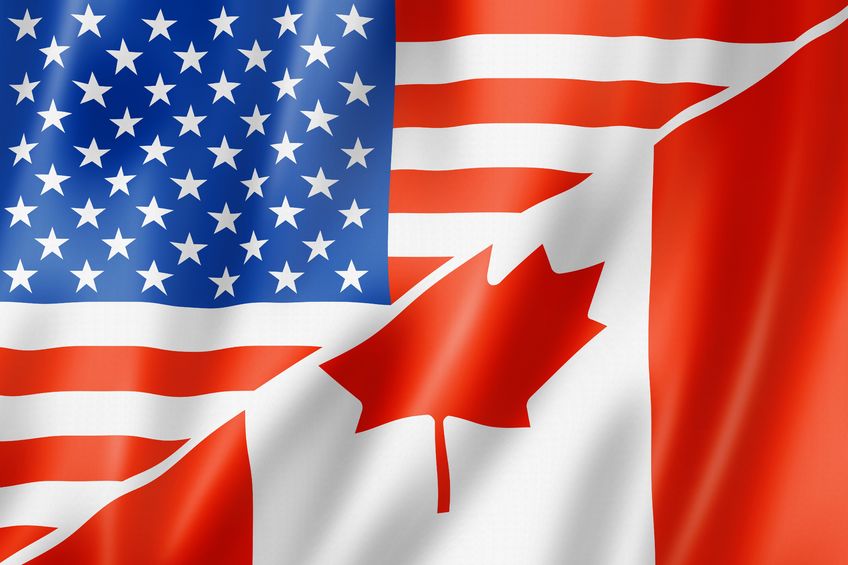
U.S. President Donald Trump’s tax reform plan, which would see personal and corporate U.S. tax rates drop significantly, is leading to increased interest on the part of some Canadian businesspeople to move to the U.S., according to Beth Webel a cross-border tax and estate planning expert.
“When you start looking at the [potential] differential in the income tax rates, we are starting to see in our practice, I would say, more young entrepreneurs looking to [emigrate to] the U.S.,” said Webel, a tax services partner with PricewaterhouseCoopers LLP in Oakville, Ont., who spoke at the Canadian arm of the Society of Trust and Estate Practitioners’ (STEP Canada) national conference in Toronto on Monday. “There is more concern about a brain drain, I think that’s real.”
In April, Trump proposed a tax reform plan that included a proposed reduction of the highest federal tax bracket to 35% from 39.6% and a repeal of the alternative minimum tax and the U.S. estate tax. He also proposed a reduction of the top corporate tax to 15% from a high of 35%.
“We’re going to see a significant gap between [U.S. and Canadian] tax rates again,” if the proposed changes were implemented, Webel said, particularly taking account of the fact that some U.S. states don’t have any income taxes at all. In Canada, top personal federal-provincial combined tax rates are higher than 50% in most provinces.
Although Trump’s tax reform plan was short on details, and no one knows what final form U.S. tax reform would take, changes are likely in the offing, Webel suggested.
“The Republicans have a pretty good stronghold [in Congress], and there is an appetite for [tax] reform in the U.S., so we’ll probably see something, but who knows when,” Webel said.
Countering the potential brain drain, however, is the trend among some Canadian businesspeople who are displeased with the current political climate in the U.S. and expressing an interest in returning to Canada, Webel said.
“We’re having a lot of discussions with people who want to come back,” Webel said. “[These] are people who’ve been to the U.S., and had some success. A lot of them are very, very vibrant in their reasons of why they’re returning; some are pretty political. [They’re saying], ‘I sort of made my money, it’s time to come back.’ So, it’s interesting, we’re having discussions on both sides of the border.”
Photo copyright: daboost/123RF